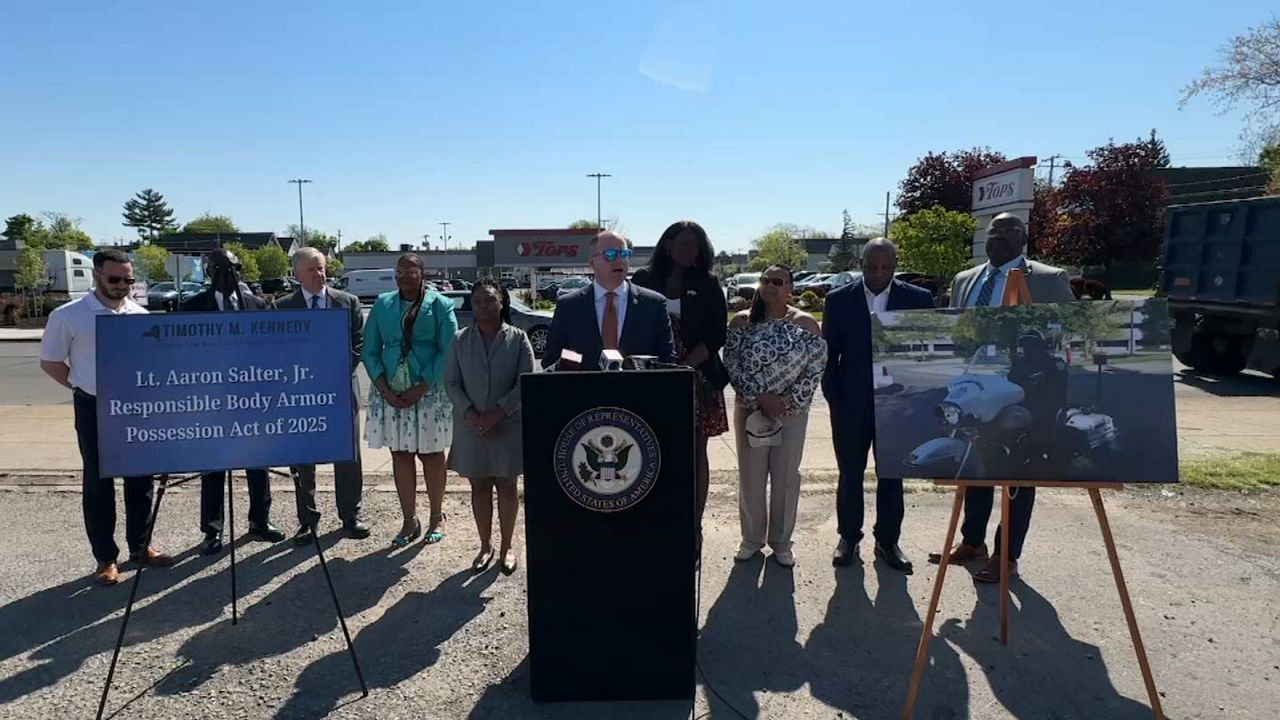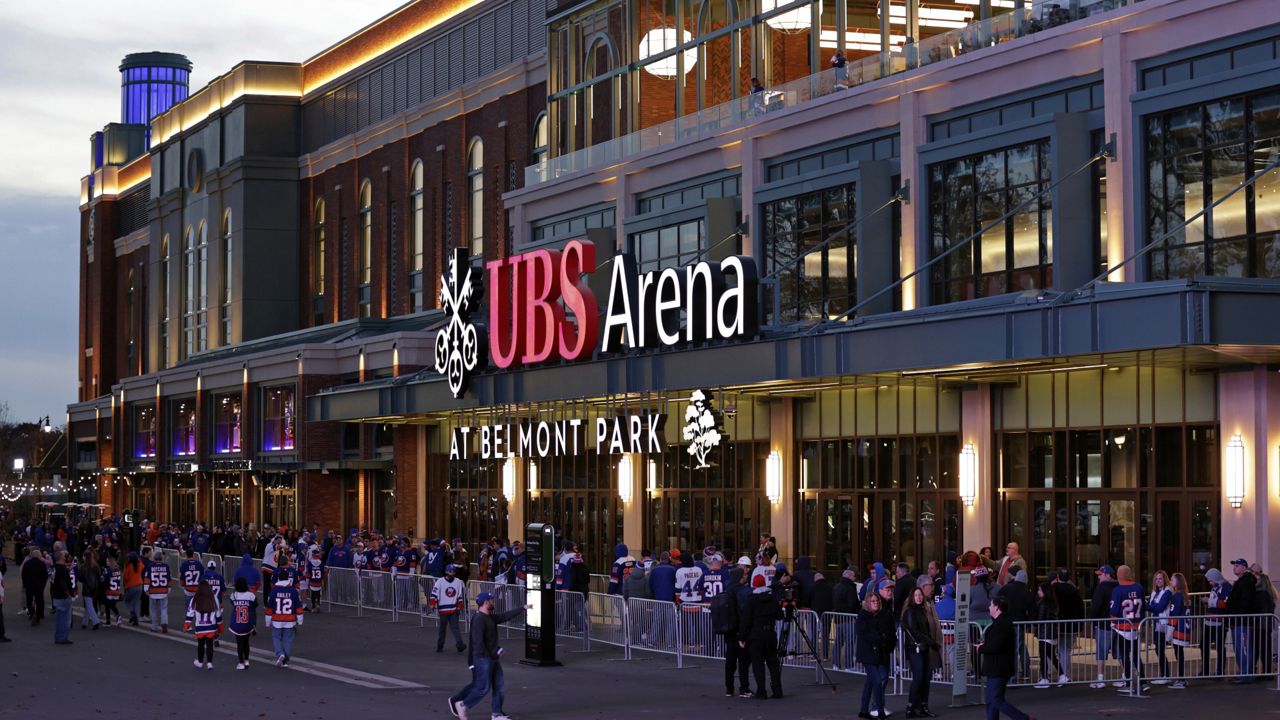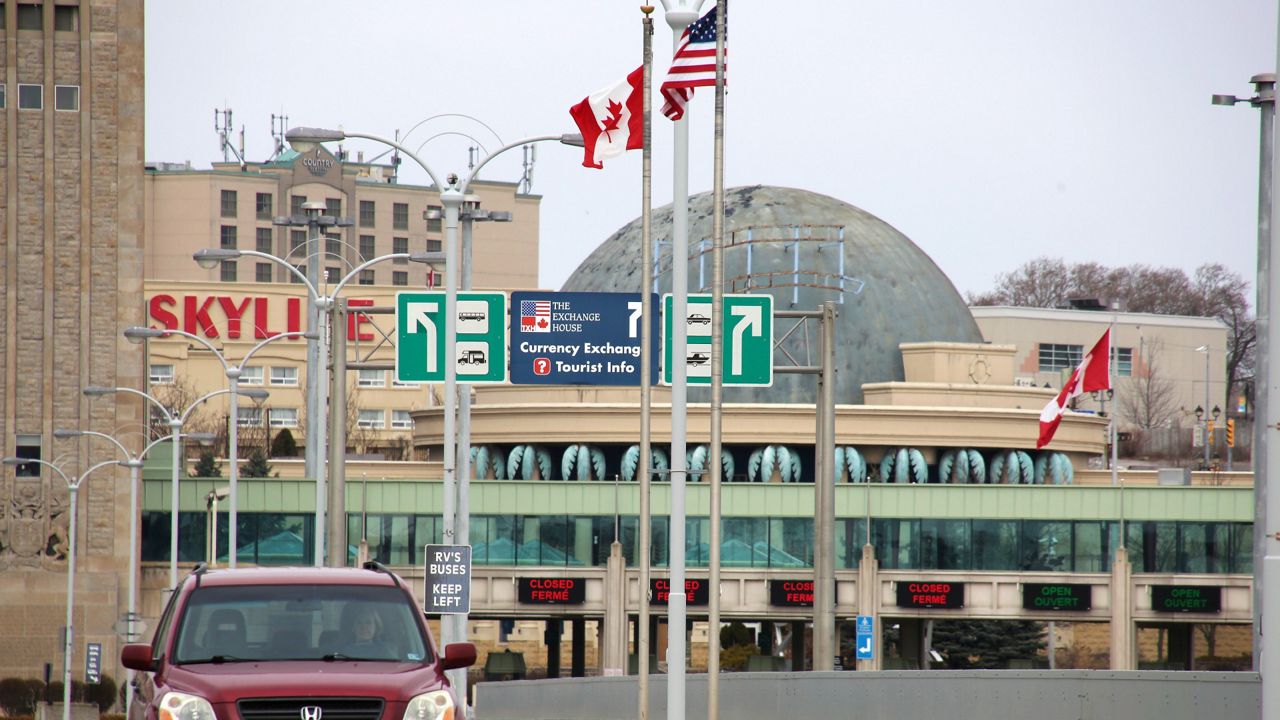BUFFALO, N.Y. — The short-term spending bill the state Legislature approved Monday includes $9 million in AIDS drug assistance meant to offset the impact of changes to New York's Medicaid prescription reimbursement program that went into effect April 1.
However, Evergreen Health COO Mike Lee said providers that previously secured a significant portion of their revenue through direct reimbursements on discounted drugs from the 340B program have many questions, including who pushed for the funding and what organizations will be eligible to receive the money.
The governor’s office says it included the $9 million in consultation with the Division of Budget and Department of Health. The administration says the money is specifically earmarked for Ryan White Clinics and not Federally Qualified Health Centers like Evergreen.
"I think it goes back to the idea that trying to piece together these funds and understand how the funds are going to flow and to who has just been completely unpredictable and chaotic," Lee said.
Monday, a coalition of providers called Save The Safety Net released preliminary data from a survey it sent to impacted organizations, including FQHCs and Ryan White clinics. The 10 of 69 FHQCs that responded say they alone are operating at a more than $5 million deficit in April.
"We can't operate this way with programs and services for patients, $9 million one day then what's in the next one and who's it for," Lee said.
He said many providers are moving forward without the expectation money will continually flow from the state now that it’s taken over the prescription purchasing and reimbursements. Although responses were provided prior to the budget extender, 83% surveyed say they're currently unable to respond to a public health emergency, 75% are under a hiring freeze and 42% are operating with reduced patient capacity.
Looking months down the road, the expected impact is even more dire and by the end of the year just the organizations that responded expect to reduce the patients their serving by more than 16,000.
"Without this being reversed or without predictable or sustainable funding, these are the sort of changes, reductions that folks are looking at," Lee said.
The state continues to say streamlining the process will save hundreds of millions of dollars annually and it will in turn make the impacted organizations whole. Save the Safety Net remains skeptical of the long-term viability of the trickle down without a statutory pool of money earmarked for providers, questions whether the state can get timely approval from the federal government to disburse the funds, and believes the department of health has failed to provide necessary details despite several years of delayed implementation of the new policy.
"You can put any sort of fun and crazy numbers you want on a piece of paper, but if you have no predictable and reliable and transparent way to distribute those funds in a timely manner, it does not matter,” said Lee.








